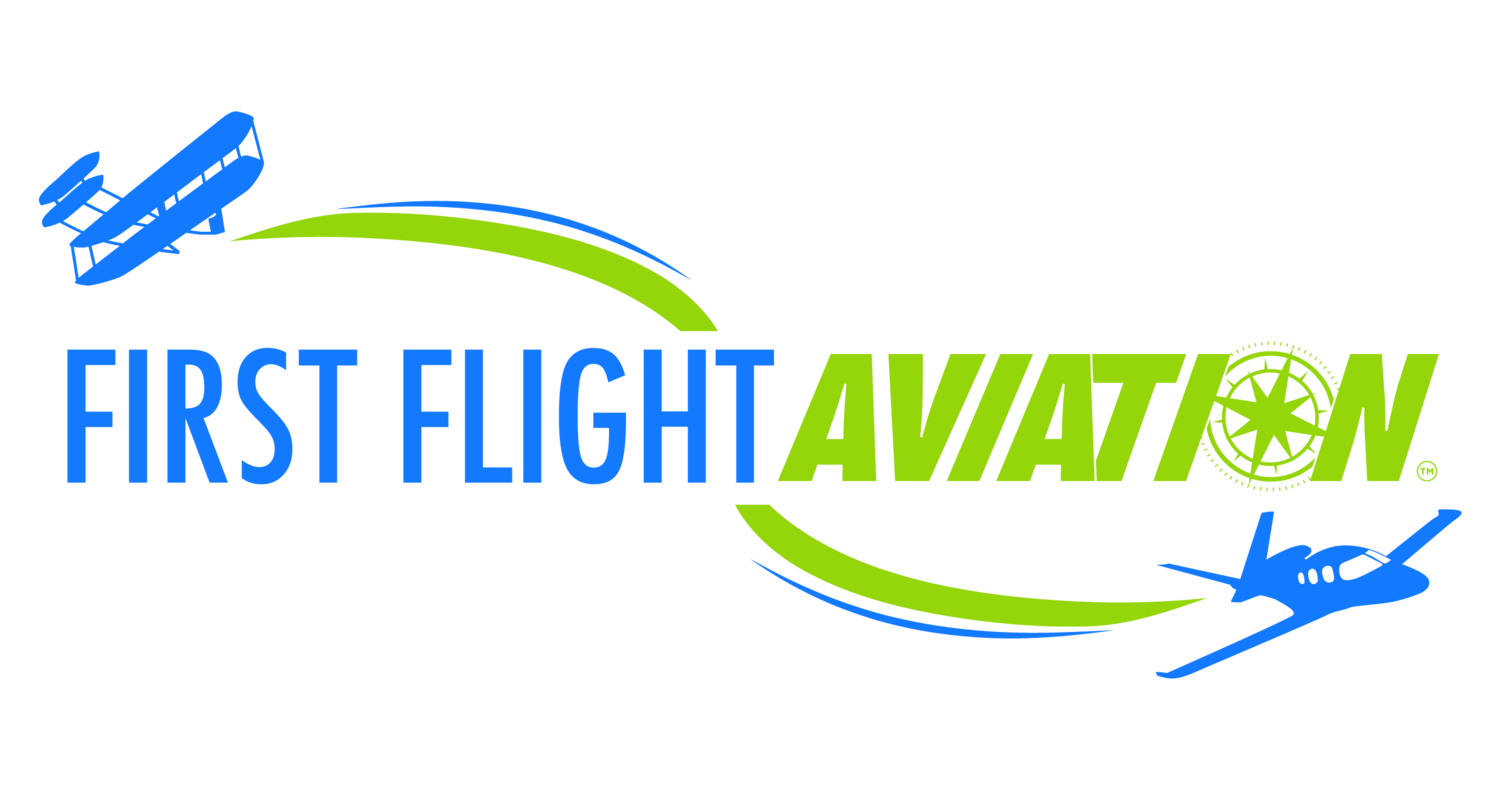Commercial piloting is a growing job opportunity. Besides flying for major airlines, you can also use the training for medical flights, air tours, private jet operations and scientific adventures. The sky is the limit—literally! But the process is not nearly as exciting as the result. Once you know how to become a commercial pilot, you must decide if the time and commitment are worth it.
Call First Flight Aviation! (937) 885-5580
Here is an overview of what to know before becoming a pilot in Dayton, OH:
- Eligibility: You must be at least 17 years old and able to read, speak and understand English before you start pilot training. Once you finish your education, you must also pass an exam and meet additional requirements, like flight hours and experience. Many aspiring pilots join the military because it’s the easiest way to secure flight hours and receive training. However, you can study at a private academy, too.
- School: If you think piloting is an excellent way to avoid additional schooling, you are sadly mistaken. Your first step is to secure a license, which means books, videos, notes and application exercises. You will take tests frequently, and it will not just include the FAA Recreational and Private Pilot Exam. All this initial training happens in the classroom, and when you enter the cockpit depends on how well you study at this time.
- Communication: Commercial pilots need people skills, for sure. Besides that, good communicators prevent flight accidents and learn the vocabulary quickly. You must listen before you answer and follow instructions accurately. Flight school teaches you “radio talk,” which is essential for speaking with air traffic control. “Roger” replaces “I understand,” “affirmative” is your new “yes,” and “Wilco” is the short version of “I will comply.” It takes a little while to make the transition, but it’s necessary to keep air travel safe.
- Physics: People who excel in physics and math make excellent pilots because it makes aerodynamics science easier to grasp. For most laypeople, aerodynamics is an abstract concept. If you are a pilot, understanding it is vital to managing fuel consumption, turbulence and aircraft wear and tear. You will develop a thorough understanding of aerodynamics, and if your math and physics understanding is low, expect to spend more time studying.
- Regulations: It’s definitely cool to fly a plane, but you must comply with the FAA. Besides studying aerodynamics and aircraft operation, you also need to spend time on regulations. There is never a good excuse for ignorance, and you can incur suspension or fines if you break the rules. The best way to learn compliance is to fly with a good instructor. You will learn the regulations better by putting them to practical use and avoid possible legal pitfalls in the future.
Do you know how to become a commercial pilot? First Flight Aviation can help! Our flight academy in Dayton, OH, offers the education and training you need to start your piloting career. Call us today and learn more about what to know before becoming a pilot!
